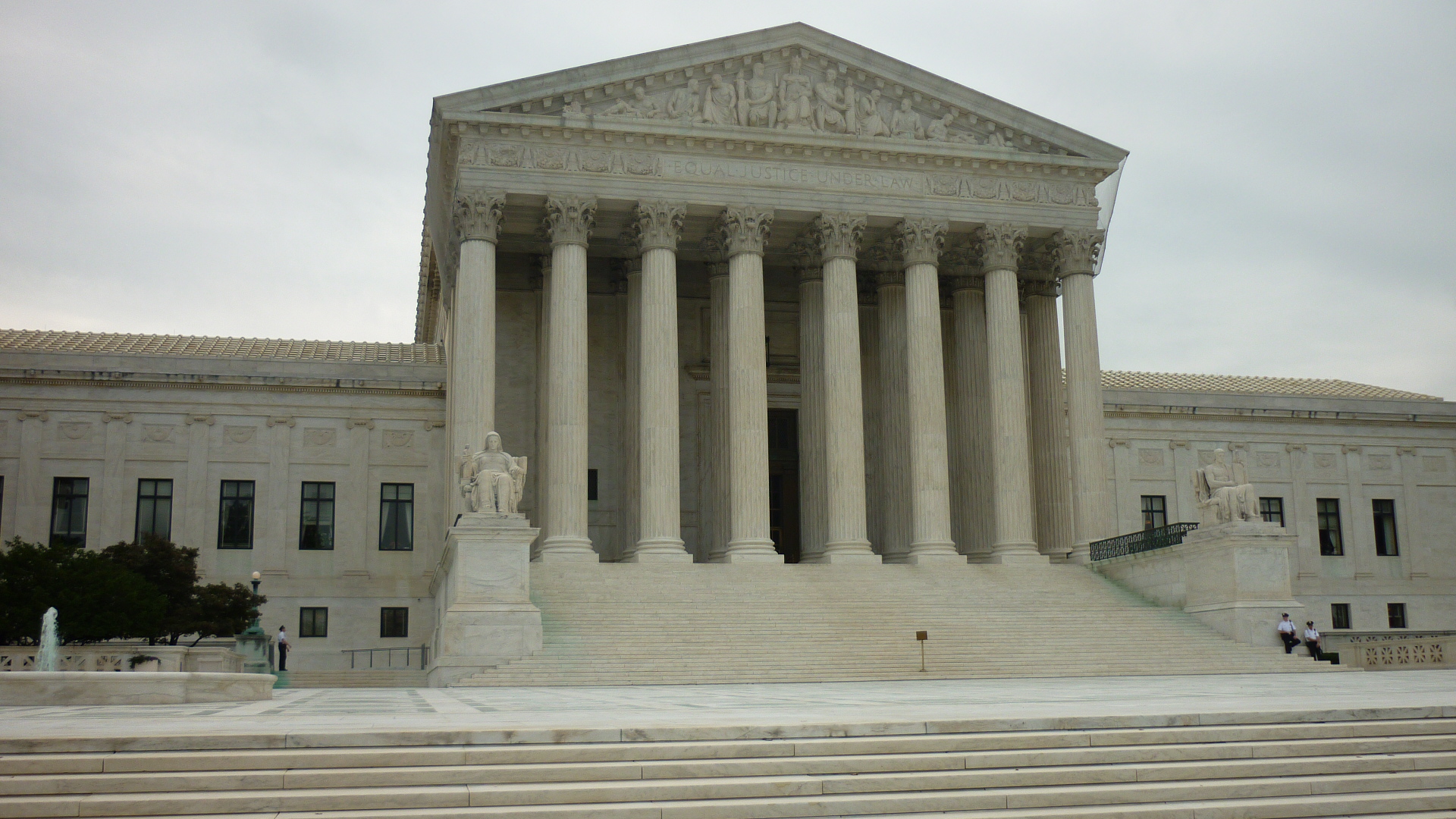A Tax By Any Other Name
 The preservation of most of Obamacare by the Supreme Court was originally seen as a monumental victory for the Obama administration and one that would surely help the incumbent president on the campaign trail. However, the way that the Court saved the law (they declared that the “individual mandate” was a tax rather than a penalty and therefore was within Congress’ constitutional authority) has caused Obama’s signature domestic achievement to become even more of a dangerous liability for his reelection campaign than before the Court heard the case.
The preservation of most of Obamacare by the Supreme Court was originally seen as a monumental victory for the Obama administration and one that would surely help the incumbent president on the campaign trail. However, the way that the Court saved the law (they declared that the “individual mandate” was a tax rather than a penalty and therefore was within Congress’ constitutional authority) has caused Obama’s signature domestic achievement to become even more of a dangerous liability for his reelection campaign than before the Court heard the case.
Let’s face it: Americans hate taxes. While voters may approve of some of Obamacare’s more popular measures, such as children being allowed to stay on their parents’ insurance policy until age 26, the idea that such reforms are underpinned by a new tax that has the potential to be levied against millions of Americans is certainly unpopular. Worse yet for the president, the Obamatax (as conservatives have now branded it) will most likely hurt the middle class: the rich already have health insurance and the poor are covered by Medicaid. One of Obama’s biggest 2008 campaign promises was that he would not raise taxes on anyone making less than $250,000 per year, but the Obamatax clearly and flagrantly violates this core promise.
The president still counters that the individual mandate is not a tax, but a penalty, which is what he and congressional Democrats have argued since the beginning of the healthcare debate. When writing the legislation, the Democrats (knowing how politically taboo it is to raise taxes during economic crisis) went to great pains to sell the mandate as not a tax, consistently referring to it as a penalty throughout negotiations.
When the Supreme Court declared that it was, in fact, a tax, Republicans dissented, claiming that the Court was not interpreting the law (the constitutional duty of the Court) but was instead rewriting it to allow it to be constitutional. However, Republicans played this issue correctly; rather than carrying on with an argument that the Court made the wrong decision, they simply stated that they stand ideologically with the four dissenting Justices and then reiterated their plan to repeal and replace Obamacare. Republicans understand that whether one agrees or disagrees with a Supreme Court ruling is relatively unimportant, because the decision of the Court is the final say on matters of constitutionality. If the Supreme Court says Obamacare is constitutional, then it is constitutional.
However, the president seems to think that he can have it both ways. He applauds the Court for upholding the law (even though the Commerce Clause argument was actually rejected by the majority opinion), but then continues to deny that the mandate is a tax. Mitt Romney put it bluntly: if the Supreme Court says it is a tax, then “it is a tax”. Romney agrees with the opinion of the dissenting Justices, but he acknowledges that the Court’s decision is legally and completely binding. Whether one agrees with Romney’s position on Obamacare or not, his response to the ruling is objectively on the logical high ground compared to the President’s contradictory stance.
Obama seems to think that since it is his law that he and he alone can decide whether the mandate is a penalty or a tax, which not only reaffirms his disdain for the Supreme Court but also reminds Americans of his gargantuan ego. As much as Obama would like to think otherwise, the American people are smart enough to know that the rulings of the Supreme Court are absolute and, therefore, that the president’s primary legislative achievement revolves around a massive tax increase. If Obama loses in November, then his Pyrrhic victory at the Supreme Court will likely be remembered as not only what doomed his reelection but also what maimed his presidential legacy.
